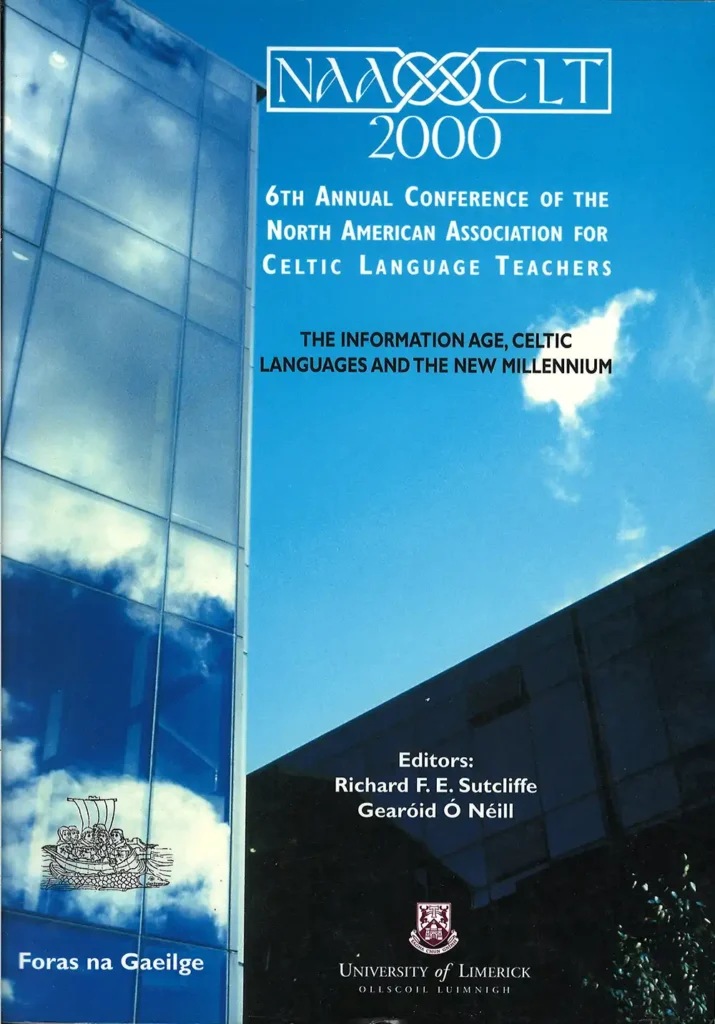The Breton Language: from Taboo to Recognition

The Breton Language: from Taboo to Recognition
Paru dans : Richard F.E. SUTCLIFFE and Gearóid Ó NÉILL (ed.), 6th Annual Conference of the North American Association for Celtic Language Teachers : The Information Age, Celtic Languages and the New Millenium, Limerick, University of Limerick, 2000, p. 23-27.
In 1993, while doing a study among students from the public high-school of Landerneau (Finistère) on individual and family practice of the Breton language, the author observed the following reactions. When he presented the theme of his study, many students could not help laughing, others blushed and only a few of the “best” students sitting in the front row remained calm, raising their hand to ask for further technical details. This was exactly the behavior that his junior high-school classmates and he had adopted twenty years ago while attending a class on sexual education … This awakened the author’s curiosity. Might there be a link between the repression of the Breton language and the repression of sexuality ? Later in the 1990’s, as the author was carrying out semi-directive interviews on Breton identity, this premonition seemed to be confirmed by the lapsus or the embarrassment expressed by several of the adults being questioned. Some of them seemed to harbor a secret and deep-seeded discomfort regarding issues of language and identity. These questions evoked something dirty and immoral, perhaps even dangerous, which should be hidden at all cost. Was this not a taboo, or the remains of a taboo ? This is the hypothesis the author shall be presenting here. As far as the Breton language is concerned, there remains a taboo. A policy of recognition is needed for such a taboo to be lifted once and for all.
Rires gênés, rougissements, malaise… Parler breton provoque les mêmes réactions que parler de sexualité. Cette découverte troublante révèle un tabou profondément ancré dans la société bretonne. Entre honte collective et transmission brisée, l’enquête dévoile les mécanismes psychologiques qui maintiennent une langue dans l’ombre. Comment briser ce silence ?